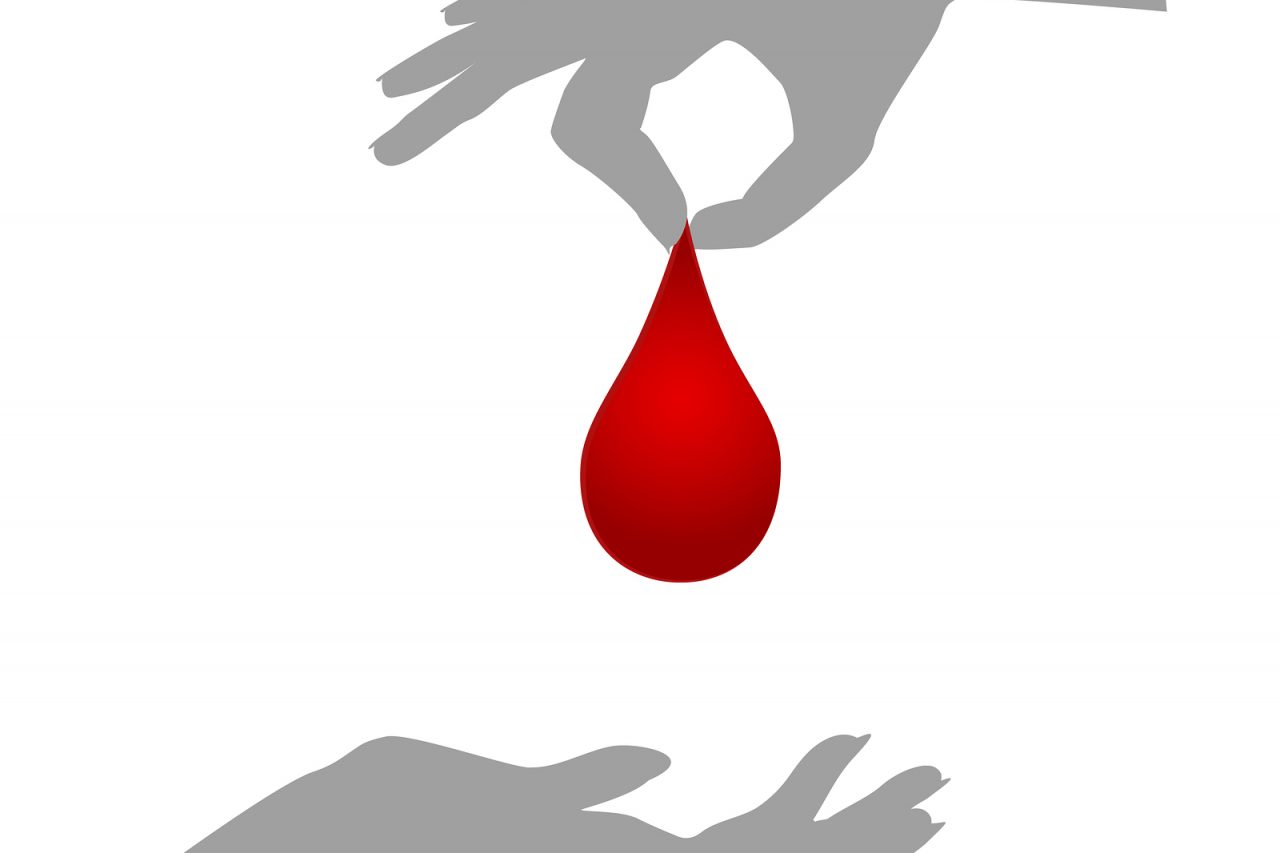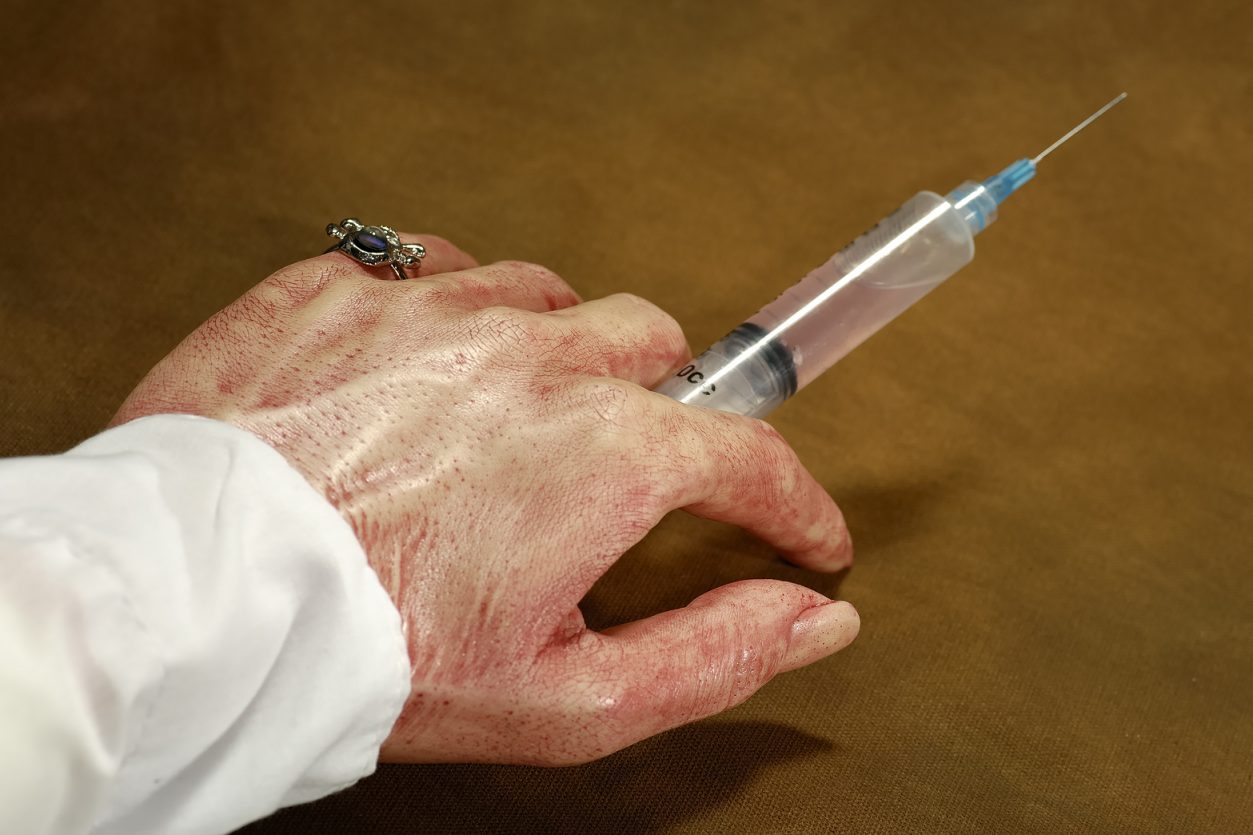What do eggs, roofing nails, men’s haircuts and plastic cups have in common? A bizarre fraternity ritual or my Saturday morning honey-do list? Gasoline, copying paper and paperclips? Shopping for a mobile accounting office? Nope. What these items share is that who ever makes them, wherever you buy them, they are essentially the same. They are “commodities.” They do not vary significantly in construction or quality. The only way to tell them apart is cost.
In a consumer society, we chose between commodities by how much we want to spend. Most of us have Apps on our phones that tell us the cheapest gas price. None of those programs tells us which gasoline is better, just its cost. On the other hand travel websites may tell hotel prices, but also rate service, location and accommodations. Not many of us go to an unfamiliar city and look only for the cheapest lodging. Hotels are not commodities.
Is medicine a commodity? Once you achieve a minimum of quality, is all healthcare the same? Doctors all went to medical school, took the same classes and passed the same boards. They do the same laparoscopic appendectomies, prescribe the same antibiotics and use identical CT scanners, which produce perfect pictures in Omaha or Oslo. Cancer doctors use the same treatment protocols and achieve the same remission rates. Does this make doctors more like gasoline than hotels?
The pressures to drive medicine into Henry Ford’s assembly line world (“you can have any color, as long as it is black”) are immense. Patients and payers demand safety and uniform outcomes, which result in academically derived guidelines, which are enforced by the medical profession, regulators and malpractice courts. Realizing the increasingly uniform nature of medical treatment, employers, industry, the government and insurers suck money from healthcare and demand usurious savings.
An identical product differentiated only by rate is the very definition of a commodity market. Patients shop online for the cheapest joint replacement, buy drugs from the least expensive vendor and through medical tourism visit cities and countries where they would not consider walking down the street, just to get a cheaper heart valve.
Frankly, what is wrong with converting the delivery of healthcare to a cheap-cookie-cutter product, if that results in widely available good treatment? Should we conclude that just as we depend on gasoline to be the same wherever we drive, it would be a victory to have the same reassurance regarding our health, our very lives?
Allowing medicine to become a commodity would be a disaster. While we must have standards, guidelines, quality and efficiency, the next step, canned-tuna-medicine, will have multiple untoward effects.
First, as a commodity is differentiated only in price, this means that the cost of medical care, whether doctors, hospitals or nursing homes, will plummet. Spending will be so low that the best comparison will be that ultimate commodity experience, the McDonalds drive-thru. Yes, you can get the same burger anywhere in the world, but accept for the most senior corporate executives, everyone else is making minimum wage. If salaries for doctors and other skilled medical providers are driven down that far, it will not be possible to spend 14 years in post-high school education, nor commit to 80-hour-work-weeks at the bedside.
There will be no money for teaching, outreach or basic research. Healthcare is not just about individual treatments; it is about education of patients and communities, and the nurturing of future health professionals. It is about developing technologies and science. Medical innovation is dependent on academia for the development of cures. The cash-for-profit pharmaceutical and device industry has failed to develop breakthrough innovations. In a commodity driven market anything that does not drop cost or increase short-term profit will vanish.
However, this is not the major problem.
If healthcare is a commodity, always the same, than health is always the same. If the treatment is the same, the disease must be the same. Illness becomes a sort of commodity. Since people are the ones with identical disease, they themselves must be the same; patients therefore are commodities. In a commodity medical market patients are not individuals, but clones on an assembly line. The personal needs, dreams, beliefs and hopes of patients are sacrificed to a financially motivated, guideline structured, ultimate quality production model. We are all the same.
Physicians feel the threat of this transformation in their hearts. While they support the concepts of data driven, quality guided and outcome weighed therapy, they also realize that real disease and real treatment happen to real people and real people are much more complex than defined by gross biology. Each person’s struggles integrate with the patterns of their life. What is important to them? What do they believe? What are their goals? What alternatives are acceptable and which not? How much do they understand and how much do they wish to know? What do health, life and death mean to each?
In the 1970s, Frank Perdue had a problem. He was a chicken producer and chicken was a commodity, all the same. Perdue was being killed by price. Therefore, he changed chicken. It still needed to be fresh and of a certain quality, but he started selling it packaged as wings, breasts, fingers, spicy, plain, dark meat or white. He gave people choice. This is what must happen in health care. We must be provide choice.
In the coming years responding to the commoditization of medicine, patients and doctors will seek ways to “humanize” care. Personal service will improve. Individual education will be vital. Issues of family, career and spirituality will be emphasized as modifying factors in therapy. Technology will allow patients access to data, treatment alternatives, communication and control. While we must standardize the physical practice of medicine, we must use that strengthened base to empower patients to choose care that suits individual lives.
Fail to achieve that goal and we will all be frozen turkeys.







5 Comments